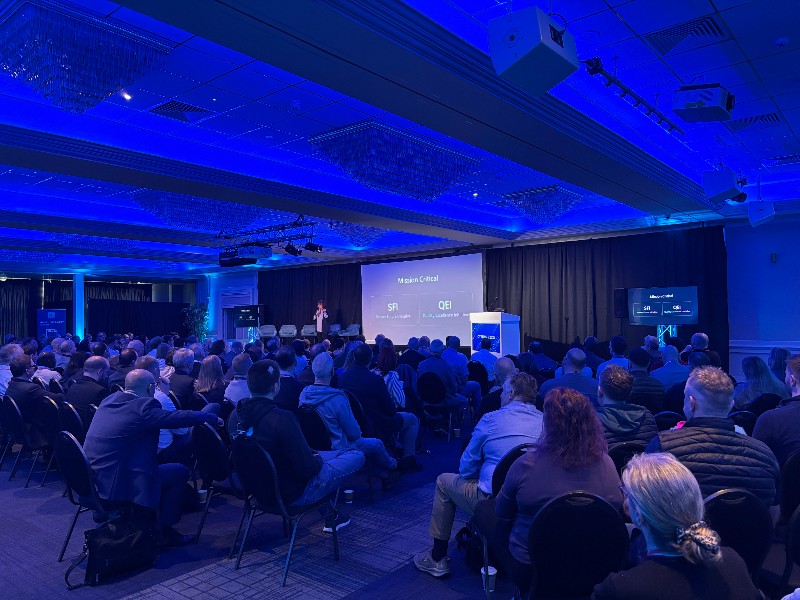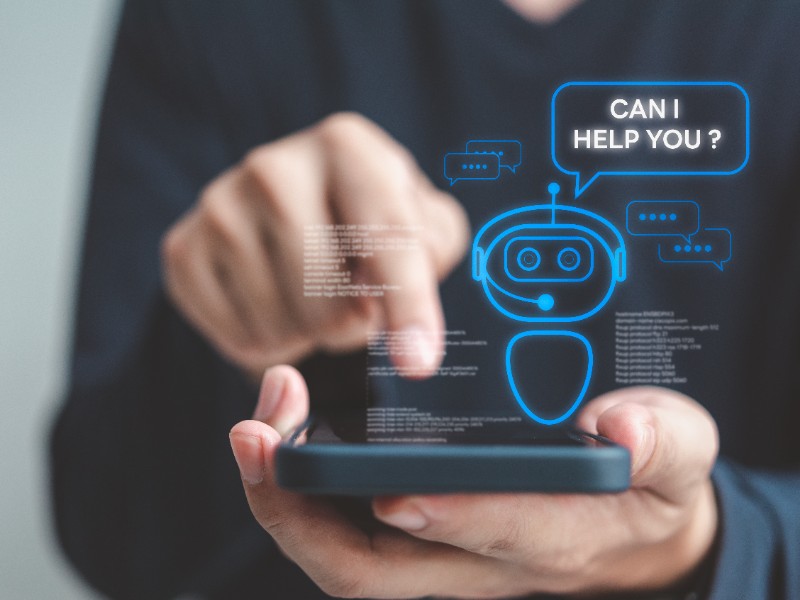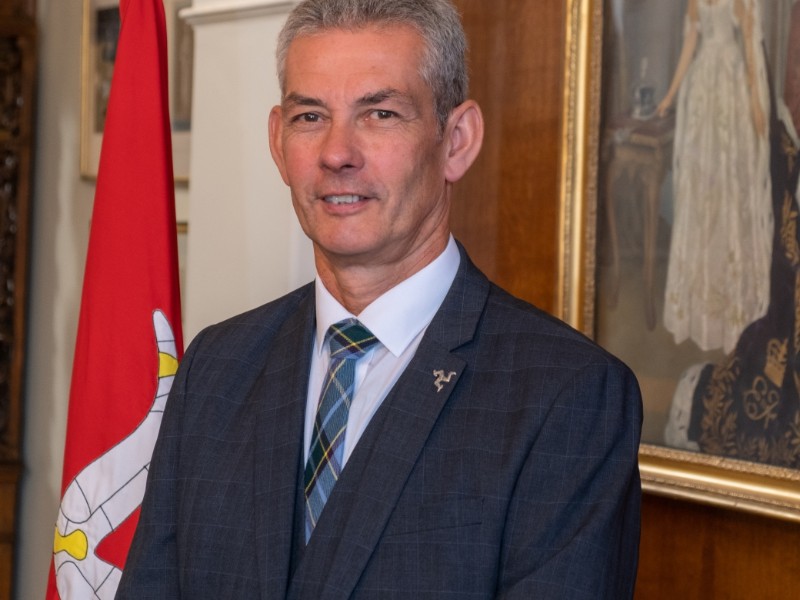
Annual Isle of Man cyber security conference focuses on resilience
The Isle of Man’s annual cyber security conference, Cyber Isle, is underway at the Comis Hotel, centred on the theme of resilience.
Throughout the day, delegates are hearing from leading figures in the field, including representatives of the UK’s National Cyber Security Centre – part of GCHQ – alongside senior officials from other national security agencies.
Hosted by the Isle of Man Cyber Security Centre, the event features keynote speeches and panel discussions aimed at strengthening awareness, collaboration, and preparedness against evolving cyber threats.
Opening the conference, Justice and Home Affairs Minister Jane Poole-Wilson warned that the Isle of Man is not immune to cybercrime. She said more than £2 million was lost to scams on the Island last year, though the true figure is likely to be higher.
The Minister confirmed that work is progressing on a forthcoming National Infrastructure Security Bill, which will require critical infrastructure operators to implement specific security measures. A public consultation on the proposals is expected in due course.
Cyber Security Centre Director Mike Haywood said Cyber Isle is designed to encourage cooperation between businesses and community groups, helping them share knowledge and strengthen collective defences.
One keynote speaker from GCHQ, whose identity is being withheld by Manx Radio due to the sensitive nature of their role, but is being referred to by as “Alex” for reporting purposes, described the current threat landscape as “unpredictable, fast-changing, and increasingly complex.”
Alex warns that the gap is widening between emerging threats and available defences.
They identified Russia, China, North Korea, and Iran as among the most significant state-based cyber threats, citing Russia as “motivated, capable, and reckless”, China as deploying highly sophisticated attacks, and both North Korea and Iran as engaging in espionage and disruptive operations to counter international sanctions.
Alex believes criminal actors continue to be driven by profit, with “impact of little concern”, and noted that both state and criminal groups are increasingly targeting supply chains.
Looking to the future, Alex said artificial intelligence will likely transform the cyber threat landscape, making attacks faster and harder to detect. However, they added that AI also offers opportunities to enhance defence:
“There is a flip side, and it’s good. When used responsibly, AI can strengthen cyber resilience through automating threat detection. Some of us will face a cyber threat in the next 12 months – it’s inevitable. Our shared mission is clear: we must work together, because I can guarantee criminals will thank us if we don’t.”

 Council of Musical Chairs: What do we know?
Council of Musical Chairs: What do we know?
 Parent group shares concerns over reports of 'AI misuse'
Parent group shares concerns over reports of 'AI misuse'
 IOM Chamber of Commerce 'welcomes' CoMin reshuffle
IOM Chamber of Commerce 'welcomes' CoMin reshuffle
 Tim Crookall MHK back in CoMin
Tim Crookall MHK back in CoMin
 Michelle Haywood MHK steps down as DOI minister
Michelle Haywood MHK steps down as DOI minister